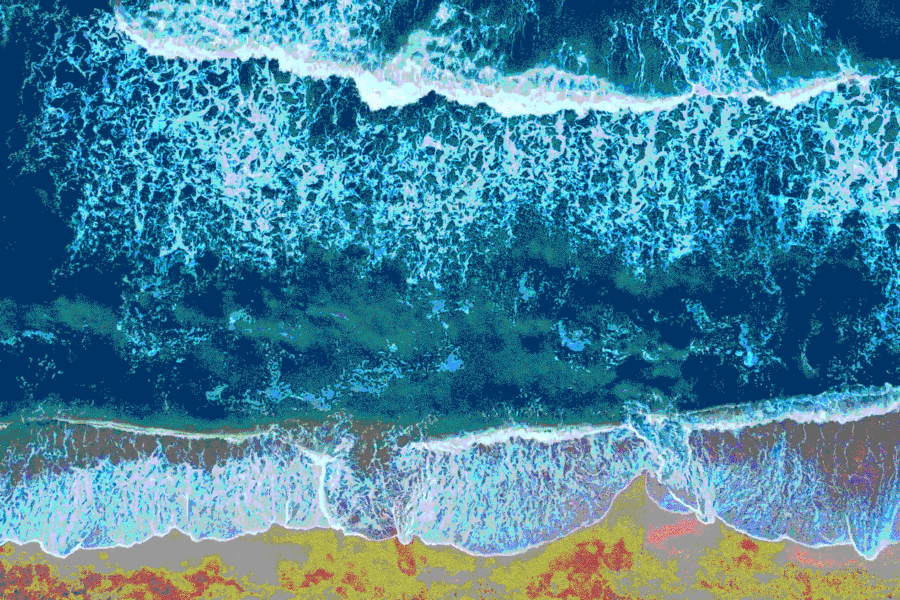Enter: toxicitysrea.ch
The name of the river Mersey originates from the Old English ‘Maere,’ meaning ‘boundary’. Boundaries, borders and interstices are sites of transition and transformation; liminal spaces where dimensions meet. Historically, in the brackish waters of the Mersey estuary—a space where fresh and saltwater meet—countless ships launched themselves toward the sea, animated by the Empire’s desire for domination and its insatiable hunger for bodies, human and non-human. Although imperceptible today, the Mersey estuary can be thought of as a birth canal to Modernity. The violence remains etched into this world, sacred waters and sacred lands saturated with the toxic waste of the Empire.
History cannot be undone, but it is perhaps in its interstices that we can find the medicines to tend to its wounds. Through a speculative narrative, The Sea Collapsed into the Pleasures of Sand explores how, in the unstable sites of salt marshes, wetlands, and intertidal zones, forms of queer life can also come into being. This GIF essay looks at those who have learned to make the medicines that allow us to transition between worlds, who simultaneously inhabit bodies of land and water. Martins invites us to stand with one foot in the water and one in the earth, one jar in each hand, pouring water on both sides. Saturating the soil as a site for growth and expansion; water on water, the cycle of fluidity, the sap of life in movement. What queer life can flourish in the boundary spaces drenched with the traces of moving and shifting matter? How can we make medicine from the sediment and the rot of history?
Sound by Ryan Mahan.
The Sea Collapsed into the Pleasures of Sand is part of the online exhibition Toxocity’s Reach, commissioned and produced by Abandon Normal Devices, curated by Dani Admiss. Supported using public funding by Arts Council England and Creative Industries Fund Netherlands.




